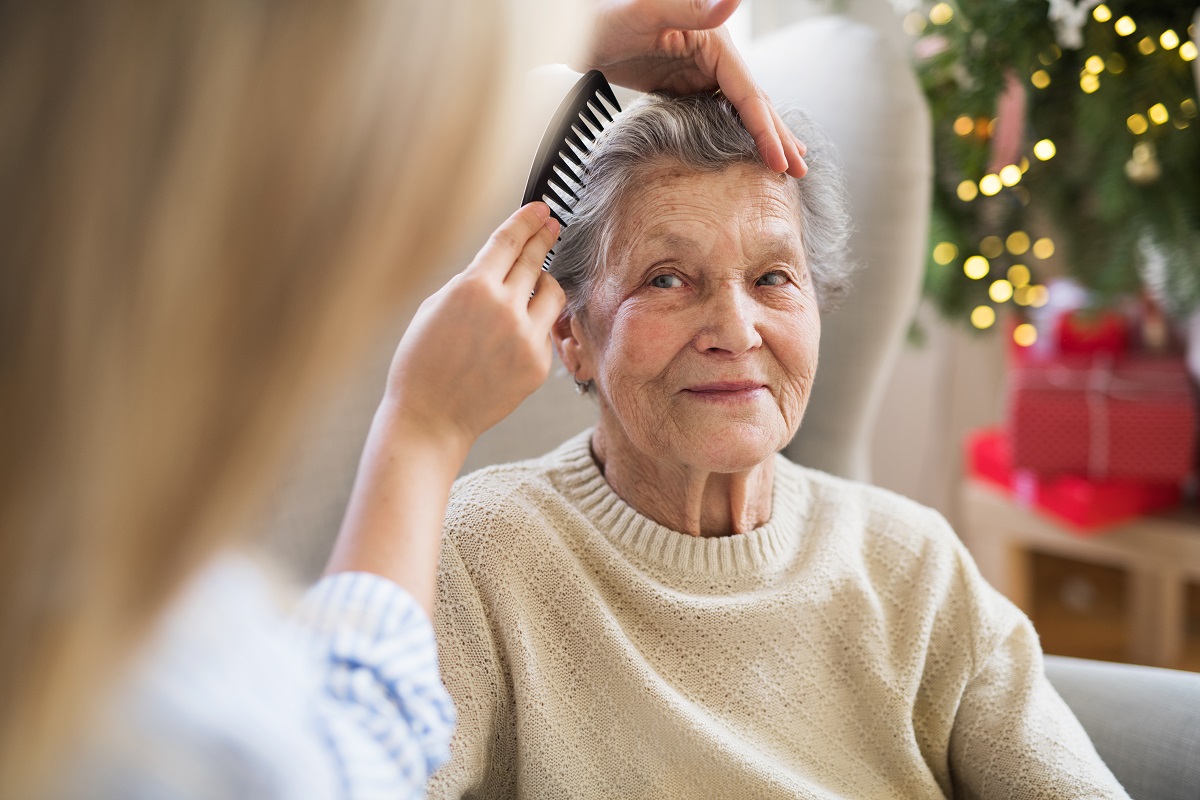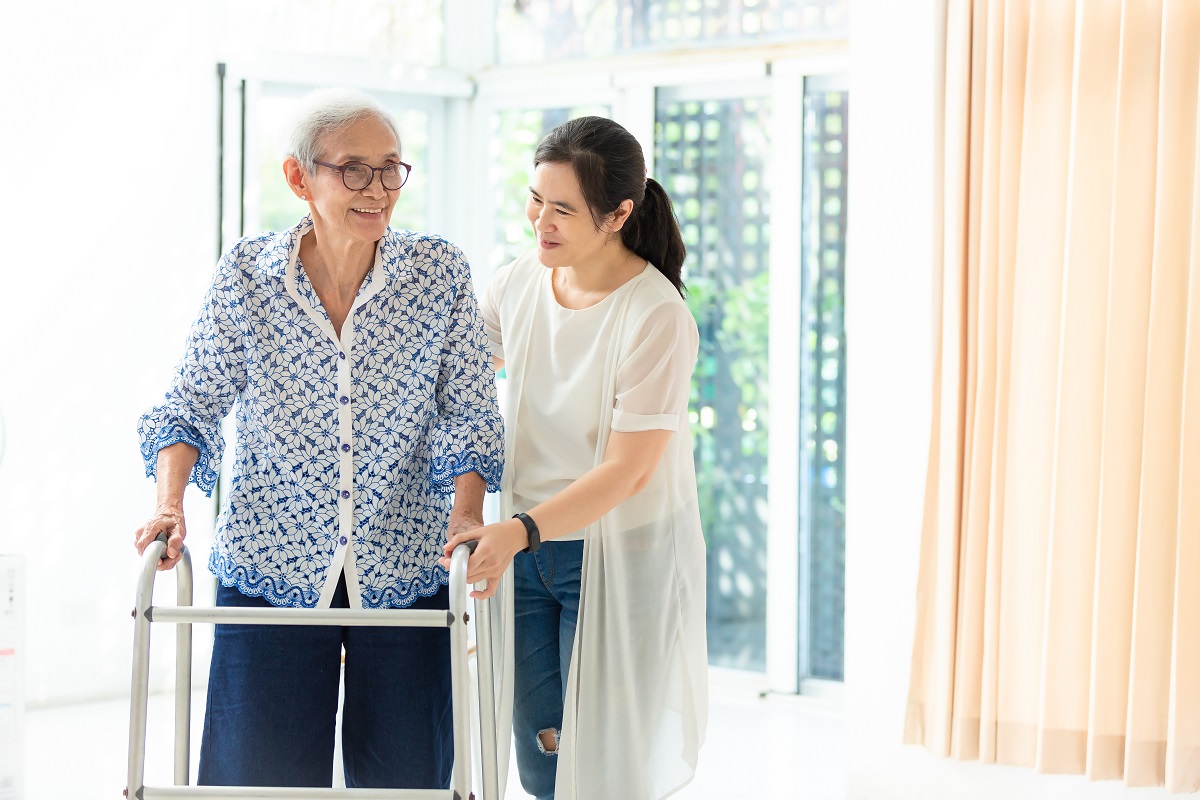Silver surfers less likely to develop cognitive impairment

A Mayo Clinic study found elderly computer users were 42% less likely to develop mild cognitive impairment, a precursor to dementiaIf you’re an elderly computer user (and if you’re reading this article that’s probably the case), then you could also be helping to reduce your risk of cognitive problems.A study of nearly 2000 over-70s by the Mayo Clinic looked at what activities they did such as computer use, knitting, crosswords, social activities and crafting and tested their memory and thinking abilities.Researchers discovered that while an activity such as knitting could reduce the risk of memory problems by 12%, using a computer on a regular basis (at least once a week) could reduce the risk by 42%.It’s thought that doing activities that stimulate the brain help to build up a ‘cognitive reserve’ of new brain cells and neural connections which help to offset damage caused by an ageing brain.Dr Clare Walton, Research Communications Manager at the Alzheimer’s Society, said:‘There is increasing evidence that staying mentally and social active is an important way to keep our brains healthy as we age. This could include activities such as regularly doing puzzles, trying out arts and crats or joining a book group. Although this research is only preliminary, it should be encouraging to today’s generation of silver surfers that using a computer might also help to keep memory sharp.‘Dementia, however, is a complex condition and we do not know what effect these activities have on the risk of developing it. Currently, the best evidence for reducing your risk of dementia is to exercise regularly, avoid smoking and eat a healthy, balanced diet.’For more tips on how to keep your brain healthy in your 30s, 40s and 50s, click the links in this sentence.
Our Resources by Our Experts
Want to learn more about all things care industry? Check out our blog!

8 questions if a loved one is visiting from a care home this Christmas
If your loved one with dementia lives in a care home you might be wondering whether to bring them home for Christmas, and whether that’s even the best thing for them. Here’s eight questions to ask yourself before making a decision.

10 things families living with dementia should know
After spending more than 25 years working with people who are living with dementia, Professor Graham Stokes, Bupa’s Global Director of Dementia Care, shares advice for affected families

TV Review: Finding Archie
Last night’s compelling BBC1 documentary Reported Missing raised some important, if uncomfortable, truths about dementia

One in five older people living in care homes has dehydration
Dehydration risks increase for those living in a care home, particularly if they have dementia